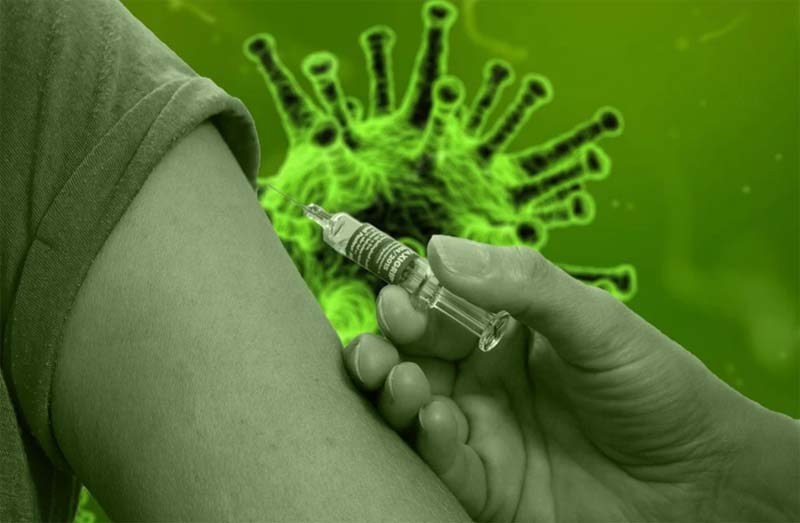 Pakistan
Pakistan
About 300,000 people fail to get second vaccine dose in Pakistan
Around 300,000 people who got their first dose of vaccines earlier in Pakistan have not turned up for the second dose vaccines since the vaccination drive started in the country on 2 February this year.
“Around 300,000 first dose recipients never showed up on their due dates,” an official of Pakistan’s National Health Services, was quoted as saying by Dawn. Authorities are now planning to establish call centers to convince people for taking the second jab.
Asad Umar, the country’s planning minister, has categorized people into three categories: First, some of them might have died; Second, those who caught the virus after taking the first dose and decided not to get the second dose; Third, they might have fallen to the anti-vaccine propaganda.
Data showed people remain vulnerable to the coronavirus even after receiving the first dose of the vaccine. However, health ministry officials claim that situation is improving now as many people are coming forward to receive vaccines.
Umar said messages were being sent to those who failed to reach vaccination centers on their due dates.
Vaccine hesitancy is a big problem not only in developing countries but also in developed countries. Many countries have already started awareness campaigns, and incentives to boost vaccination efforts.
Support Our Journalism
We cannot do without you.. your contribution supports unbiased journalism
IBNS is not driven by any ism- not wokeism, not racism, not skewed secularism, not hyper right-wing or left liberal ideals, nor by any hardline religious beliefs or hyper nationalism. We want to serve you good old objective news, as they are. We do not judge or preach. We let people decide for themselves. We only try to present factual and well-sourced news.







